Home>diy>Home Improvement>How Much Does A Renovation Increase Home Value


Home Improvement
How Much Does A Renovation Increase Home Value
Modified: January 22, 2024
Increase the value of your home with a renovation project. Discover how much a home improvement can boost your property's overall worth.
(Many of the links in this article redirect to a specific reviewed product. Your purchase of these products through affiliate links helps to generate commission for Storables.com, at no extra cost. Learn more)
Introduction
Welcome to the world of home improvement! Whether you’re planning to sell your house in the near future or simply want to enhance your living space, renovations can be a game-changer. Not only can they make your home more comfortable and functional, but they can also significantly increase its value.
When it comes to home value, there are many factors to consider. The location, size, and condition of your house play a crucial role. However, one of the key factors that can have a substantial impact on its value is the renovations you choose to undertake.
Understanding how renovations affect home value is essential before diving into any project. In this article, we’ll explore different aspects of renovations and their potential return on investment (ROI). We’ll discuss which renovations typically increase the value of a home, as well as some that may not have the same impact.
Before we delve into specific renovations, it’s important to have a clear understanding of the costs involved. Renovation costs can vary widely depending on factors such as the size of the project, materials used, and labor costs. By having a realistic budget in mind, you can make informed decisions and prioritize renovations that will yield the greatest return.
Now, let’s take a closer look at the ROI of renovations and explore which projects can potentially increase the value of your home. Whether you’re planning a minor facelift or a major overhaul, understanding the potential impact on home value is key to making the right choices.
Key Takeaways:
- Renovations such as kitchen remodels, bathroom updates, and energy-efficient upgrades can significantly increase home value by appealing to potential buyers and providing a high return on investment.
- While personalizing your home is important, it’s crucial to balance personal preferences with market demand to maximize the value of renovations and appeal to a wide range of potential buyers.
Read more: How Much Does A Driveway Increase Home Value
Factors that Impact Home Value
When it comes to determining the value of a home, several factors come into play. Understanding these factors can help you make informed decisions about which renovations will have the greatest impact on your home’s value:
- Location: The location of your home can have a significant impact on its value. Factors such as proximity to schools, amenities, and desirable neighborhoods can greatly influence the perceived value of a property.
- Size and Layout: The size and layout of a home are important considerations for potential buyers. Larger homes generally have a higher value, but optimal use of space and a functional layout can also enhance overall value.
- Condition: The overall condition of your home is a crucial factor in determining its value. Well-maintained homes typically command higher prices, while those in need of repair may be valued lower.
- Upgrades and Renovations: The upgrades and renovations you have made to your home can significantly impact its value. Buyers often seek modern amenities and updated features, so investing in quality renovations can yield a higher return.
- Market Conditions: The state of the real estate market can affect home values. In a seller’s market with high demand and limited supply, home values may be higher. Conversely, in a buyer’s market, home values can be more competitive.
These factors work together to influence the perceived value of a home. By understanding them, you can strategically plan renovations that will not only improve your living space but also boost your home’s value in the eyes of potential buyers.
Understanding Renovation Costs
Before embarking on any renovation project, it’s important to have a clear understanding of the costs involved. Renovation costs can vary widely depending on the scope of the project, materials used, and the region in which you live. Here are a few key considerations to keep in mind:
1. Scope of the Project: The size and complexity of the renovation will play a significant role in determining the overall cost. Minor cosmetic upgrades, such as painting or replacing fixtures, are generally more affordable compared to major renovations, such as kitchen remodels or adding an extension.
2. Materials and Finishes: The choice of materials and finishes can greatly impact the cost of a renovation. High-quality materials and luxurious finishes tend to come with a higher price tag. It’s essential to strike a balance between quality and budget to achieve the desired outcome.
3. Labor Costs: Hiring contractors and professionals to complete the renovation will typically be a significant portion of the overall cost. Labor costs can vary depending on the complexity of the project, the skill level required, and the availability of contractors in your area. Obtaining multiple quotes and comparing prices is a prudent approach.
4. Permits and Regulations: Depending on the nature of the renovation, you may need to obtain permits from the local authorities. Permit costs can add to the overall expense, and failure to secure the necessary permits can result in costly penalties. It’s essential to research and comply with local regulations before starting any renovation work.
5. Unforeseen Expenses: Renovation projects often come with unexpected surprises, such as hidden structural issues or the need for additional repairs. Budgeting for unforeseen expenses is crucial to avoid financial strain during the project.
By carefully considering these factors and conducting thorough research, you can develop a realistic budget for your renovation. It’s always wise to leave some buffer room in your budget to account for unexpected costs or changes in plans.
Understanding renovation costs will guide you in making informed decisions about which projects are feasible within your budget. It’s important to weigh the potential return on investment (ROI) of each renovation against the initial cost to ensure you make sound financial choices for your home.
The Return on Investment (ROI) of Renovations
When considering renovations, one of the key factors to keep in mind is the potential return on investment (ROI). ROI is a measure of the profitability of an investment, and in the context of home renovations, it refers to how much value a renovation adds to your home compared to its cost.
While it’s important to create a comfortable and functional living space, it’s also essential to consider the financial implications of your renovation choices. Here are a few renovations that are typically known for their high ROI:
- Kitchen Remodel: Upgrading your kitchen can have a significant impact on your home’s value. Modernizing appliances, replacing countertops, and adding new cabinetry can make a big difference. A well-designed and updated kitchen can attract potential buyers and increase the overall value of your home.
- Bathroom Renovation: Bathrooms are another area that can greatly influence a home’s value. Updating fixtures, adding energy-efficient features, and improving storage space can enhance the functionality and appeal of your bathrooms. A stylish and updated bathroom can often yield a high ROI.
- Curb Appeal Enhancements: First impressions matter, and enhancing your home’s curb appeal can make a significant impact. Simple renovations such as landscaping, exterior painting, and upgrading the front door can give your home a fresh and inviting look, capturing the attention of potential buyers.
- Energy-Efficient Upgrades: In an era of growing environmental consciousness, energy-efficient upgrades have become increasingly popular. Installing solar panels, upgrading insulation, and replacing old windows and doors with energy-efficient ones can not only lower your energy bills but can also increase the value of your home.
- Basement or Attic Conversion: If you have unused space in your basement or attic, converting it into a living area can be a wise investment. Additional living space is always attractive to potential buyers, and maximizing the square footage of your home can lead to a higher ROI.
While these renovations generally have a positive impact on home value, it’s important to note that ROI can vary depending on several factors, including the local real estate market and the quality of the renovations. It’s advisable to consult with real estate professionals or appraisers to gain insight into the specific ROI potential in your area.
Lastly, it’s worth mentioning that not all renovations guarantee a high ROI. Luxurious and personalized upgrades, such as adding a home theater or a swimming pool, may not always translate into a substantial increase in home value. It’s important to balance your personal preferences with market demand and potential ROI when planning renovations.
By carefully considering the potential returns on your renovation investment, you can make informed decisions that align with your financial goals and maximize the value of your home.
When renovating, focus on kitchen and bathroom upgrades as they typically offer the highest return on investment in terms of increasing home value.
Renovations That Increase Home Value
When it comes to increasing the value of your home through renovations, certain projects are more likely to have a positive impact. These renovations not only enhance the functionality and aesthetics of your home but also attract potential buyers. Here are some popular renovations known to increase home value:
- Kitchen Remodel: The kitchen is often considered the heart of the home, and a well-designed and updated kitchen can significantly boost home value. Consider replacing outdated appliances, installing modern countertops and backsplash, and upgrading the cabinetry. Adding energy-efficient features and maximizing storage space are also highly desirable.
- Bathroom Update: Upgrading the bathrooms is another renovation that can yield a high return on investment. Focus on improving fixtures, replacing outdated tiles, and adding stylish features. Consider installing a new shower or bathtub, upgrading the vanity, and improving the lighting to create a fresh and inviting space.
- Adding a Deck or Patio: Outdoor living spaces are increasingly popular, and adding a deck or patio can greatly enhance the appeal of your home. This renovation creates an additional area for relaxation and entertainment, making your home more desirable to potential buyers. Consider using durable materials and adding features like outdoor seating, a barbecue area, or a fire pit.
- Energy-Efficient Upgrades: Buyers are increasingly interested in energy-efficient homes to reduce utility costs and minimize environmental impact. Consider upgrading insulation, installing energy-efficient windows and doors, and investing in solar panels. Highlighting these features can greatly increase your home’s value in the eyes of potential buyers.
- Creating a Home Office: With more people working remotely, having a dedicated home office has become highly desirable. Convert an underutilized space, such as a spare bedroom or a corner of the living room, into a functional home office. Ensure it has adequate lighting, storage, and a comfortable workspace.
These renovations have the potential to not only make your home more comfortable and enjoyable but also increase its market value. However, it’s important to consider the specific needs and preferences of buyers in your area, as well as consult with real estate professionals or appraisers for guidance on the renovations that will yield the highest ROI in your specific market.
Remember, the key is to strike a balance between investing in renovations that appeal to a wide range of potential buyers while aligning with your budget and personal preferences. By doing so, you can maximize the value of your home and increase its desirability in the competitive real estate market.
Renovations That May Not Increase Home Value
While renovations can significantly increase the value of your home, it’s important to be aware that certain projects may not provide the same return on investment. These renovations are often more personal in nature or may not align with the preferences of potential buyers. Here are some renovations that may not necessarily increase home value:
- High-End Customizations: While high-end customizations may be appealing to you, they may not appeal to a wide range of potential buyers. Features like intricate detailing, unique materials, or luxury additions such as a wine cellar or home spa can be costly and may not generate a higher selling price.
- Swimming Pool: While a swimming pool can offer hours of enjoyment, it may not necessarily translate into increased home value. Maintaining a pool can be expensive, and some potential buyers may view it as a liability or a deterrent due to safety concerns or the extra maintenance involved.
- Excessive Personalization: Personalizing your home to suit your tastes and preferences can be fulfilling, but keep in mind that potential buyers may not share the same preferences. Overly bold or specific design choices, unique color schemes, or highly customized features may limit your home’s appeal in the market.
- Conversion of Functional Spaces: Converting functional spaces such as bedrooms, garages, or bathrooms into unconventional uses, such as a home gym or a home theater, may limit the appeal of your home to potential buyers. Buyers typically value practical and functional spaces that can adapt to their specific needs.
- Overbuilding for the Area: Building an addition or expanding your home beyond the average size of similar properties in your neighborhood may not necessarily result in a higher sale price. Restraint and consideration for the norms and standards of the local housing market are important when planning renovations.
While these renovations may not directly increase home value, it’s important to note that they can still enhance your enjoyment of the property. If your goal is primarily to improve your living experience rather than maximize resale value, investing in these renovations may still be worthwhile.
However, it’s essential to consider the potential impact on future buyers and balance your personal preferences with the overall market demand in your area. Consulting with real estate professionals or appraisers can provide valuable insights on how specific renovations may be perceived by potential buyers and impact your home’s market value.
Ultimately, the key is to strike a balance between creating a home that suits your needs and preferences while making renovations that have broad appeal and a higher likelihood of increasing your home’s value.
Tips for Maximizing the Value of Renovations
When it comes to renovating your home to maximize its value, there are several tips and strategies you can implement. By following these guidelines, you can make informed decisions and ensure that your renovations have the greatest impact:
- Research Local Real Estate Market: Familiarize yourself with the local real estate market to understand the preferences and trends of potential buyers. This knowledge will help you make renovation choices that align with market demand.
- Focus on High-Impact Areas: Prioritize renovations in areas that have the greatest impact on home value, such as the kitchen and bathrooms. These are rooms that potential buyers pay close attention to, so investing in quality renovations can yield a higher return.
- Choose Timeless Design: Opt for designs and finishes that have broad appeal and stand the test of time. Trends come and go, so choosing classic and neutral designs will ensure that your renovations remain desirable for years to come.
- Maximize Space and Functionality: Make the most of your available space and ensure that your renovations improve the flow and functionality of your home. Efficient use of space and well-planned layouts are highly valued by potential buyers.
- Quality Over Quantity: Focus on using quality materials and finishes that are durable and long-lasting. Investing in high-quality renovations will not only enhance your home’s value but also minimize the need for constant repairs and replacements.
- Consider Energy Efficiency: Incorporate energy-efficient features into your renovations. Energy-efficient appliances, insulation, windows, and lighting can lower utility costs and appeal to environmentally-conscious buyers.
- Obtain Multiple Quotes: When hiring contractors or professionals for your renovations, obtain multiple quotes and compare prices. This will help ensure you get the best value for your budget and avoid overpaying for services.
- Create a Cohesive Look: Ensure that your renovations create a cohesive and harmonious look throughout the home. Consistency in design and finishes will make your home feel more put-together and attractive to potential buyers.
- Don’t Neglect Maintenance and Repairs: Address any necessary maintenance and repairs before embarking on cosmetic renovations. Potential buyers will appreciate a well-maintained home and may be more willing to pay a higher price.
- Consult with Professionals: Seek advice from real estate professionals or appraisers to gain insights into the potential impact of renovations on your home’s value. Their expertise can help you make informed decisions that align with your goals.
By following these tips and approaches, you can ensure that your renovations not only improve your living space but also have a positive impact on the value of your home. Keep in mind that every property and market is unique, so it’s important to tailor your renovations to suit your specific circumstances.
Remember, renovating your home is an investment, and by making strategic choices, you can enhance both your living experience and the financial value of your property.
Conclusion
Renovations have the power to transform your home and increase its value. By carefully considering the factors that impact home value and understanding renovation costs, you can make informed decisions about which projects to undertake. It’s important to strike a balance between creating a comfortable living space for yourself and making renovations that will attract potential buyers.
When it comes to increasing home value, focus on renovations that have a high return on investment (ROI). Upgrading your kitchen and bathrooms, enhancing curb appeal, and investing in energy-efficient upgrades are popular choices that can yield a significant ROI. However, it’s important to keep in mind that not all renovations guarantee an increase in value. Luxurious customizations, swimming pools, and excessive personalization may not always resonate with potential buyers.
To maximize the value of your renovations, it’s essential to research the local real estate market, prioritize high-impact areas, and choose timeless designs. Maximize space and functionality, opt for quality materials, and incorporate energy-efficient features. Obtain multiple quotes, create a cohesive look, and don’t neglect maintenance and repairs. Consulting with professionals can provide valuable insights specific to your property and market.
Ultimately, renovation decisions should be based on a blend of personal preferences and market demand. By carefully planning and executing your renovations, you can improve your living space, increase the value of your home, and position yourself for a successful sale in the future.
Remember, renovations are an investment, and it’s important to carefully consider the potential return on investment as well as your own enjoyment of the space. With thoughtful planning and strategic choices, you can create a home that not only meets your needs but also enhances its value in the real estate market.
Frequently Asked Questions about How Much Does A Renovation Increase Home Value
Was this page helpful?
At Storables.com, we guarantee accurate and reliable information. Our content, validated by Expert Board Contributors, is crafted following stringent Editorial Policies. We're committed to providing you with well-researched, expert-backed insights for all your informational needs.
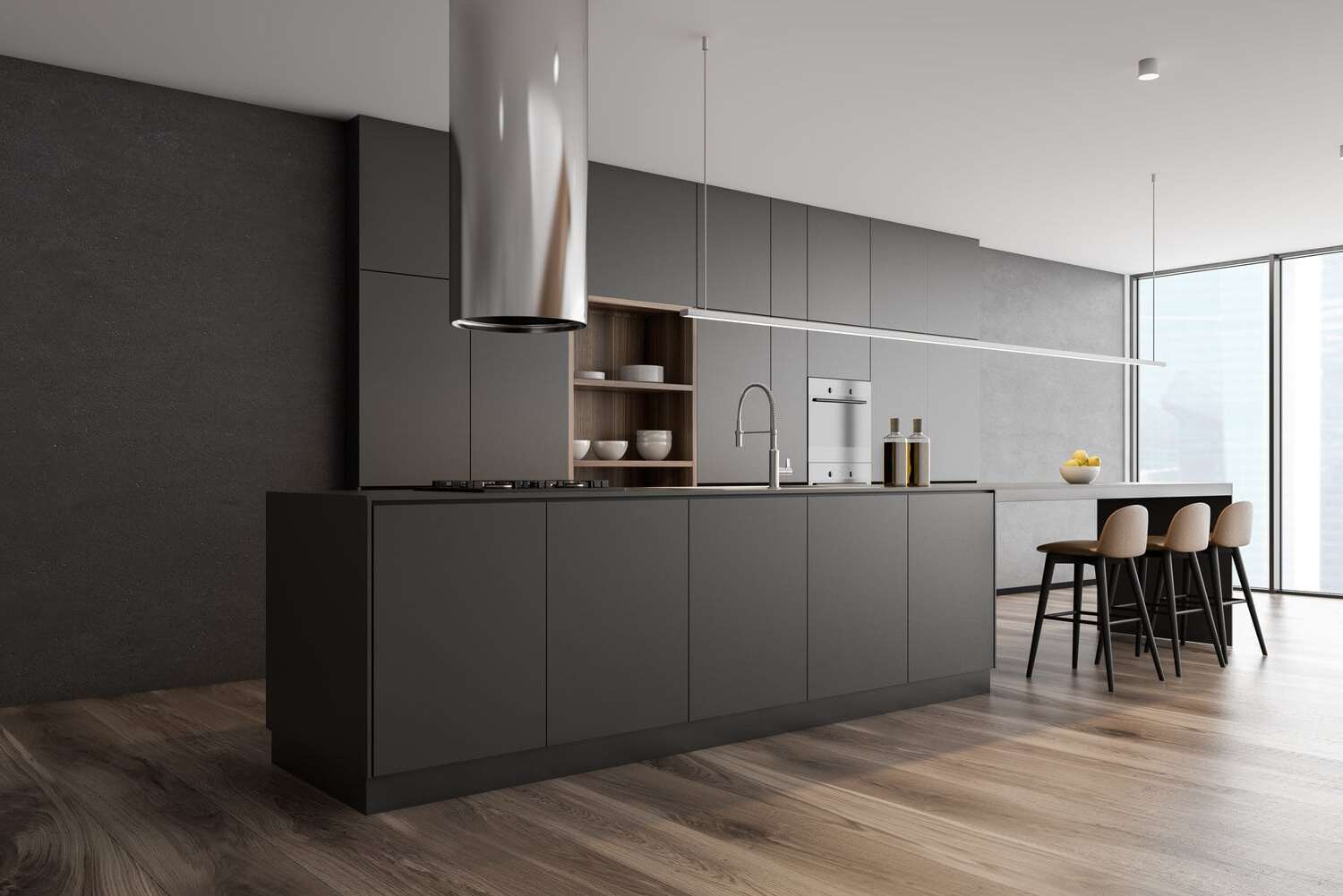


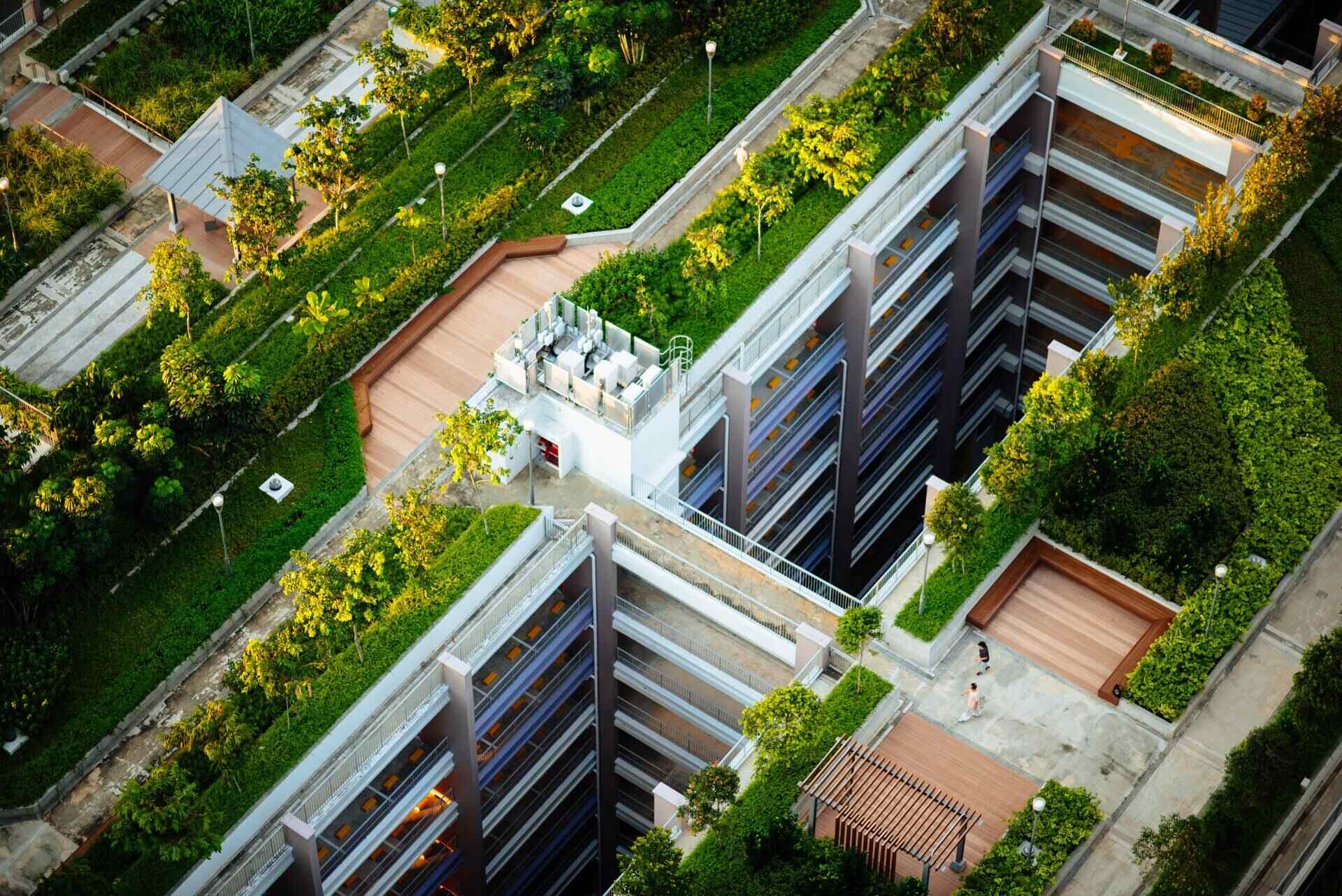



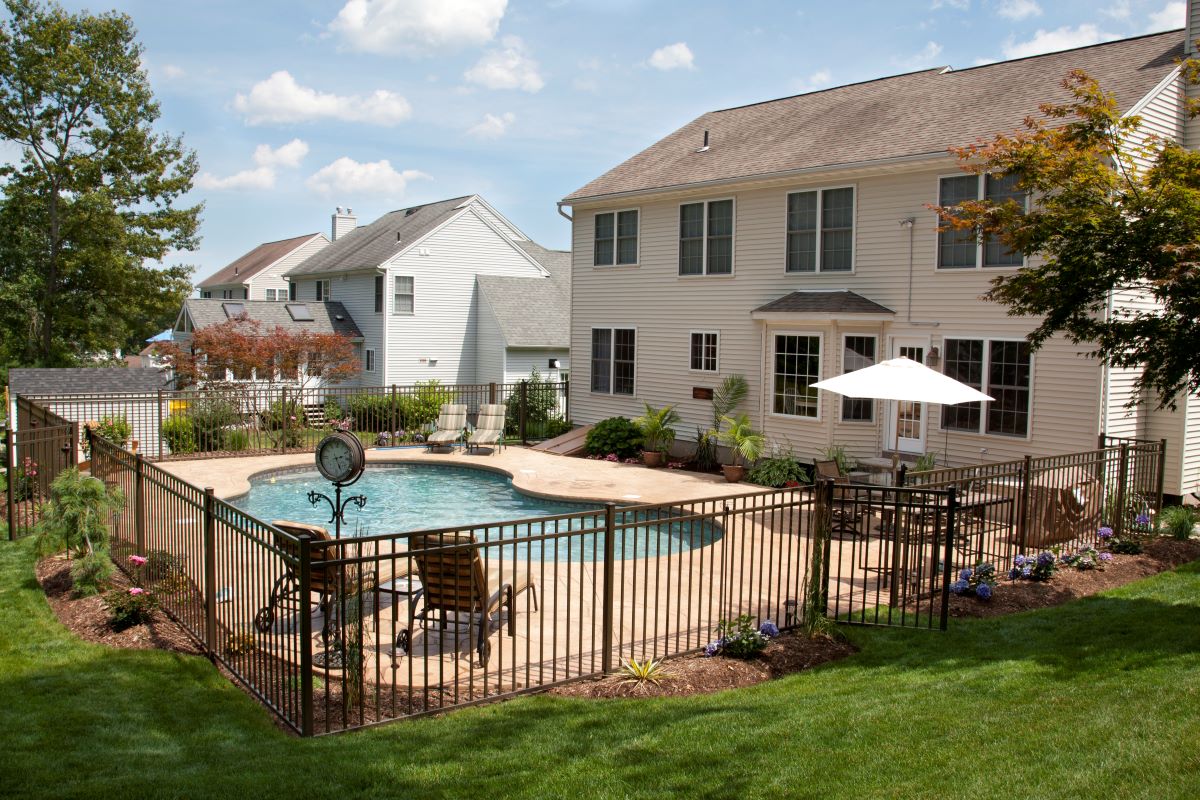
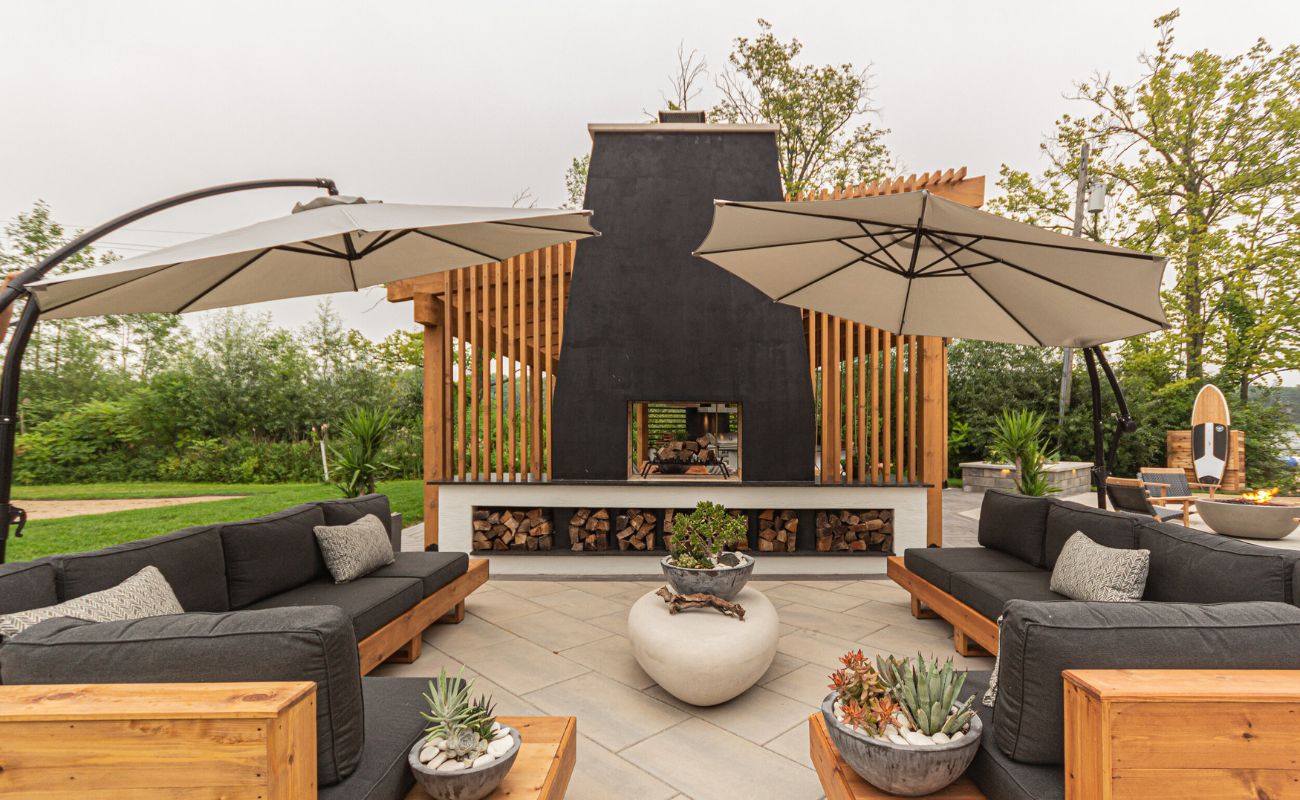

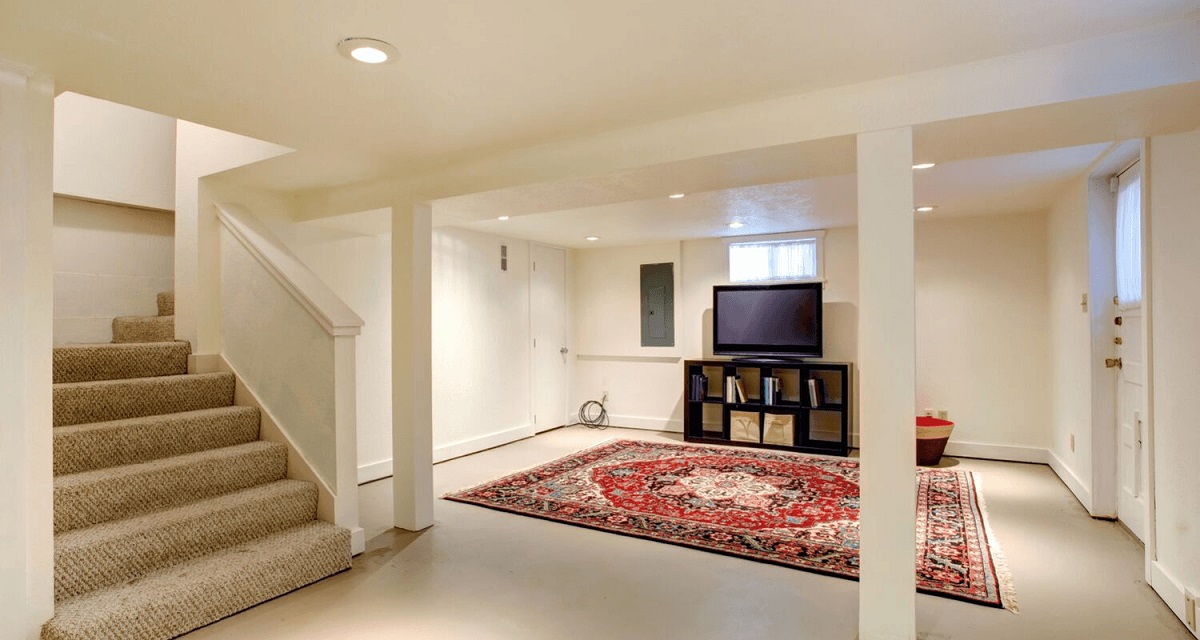
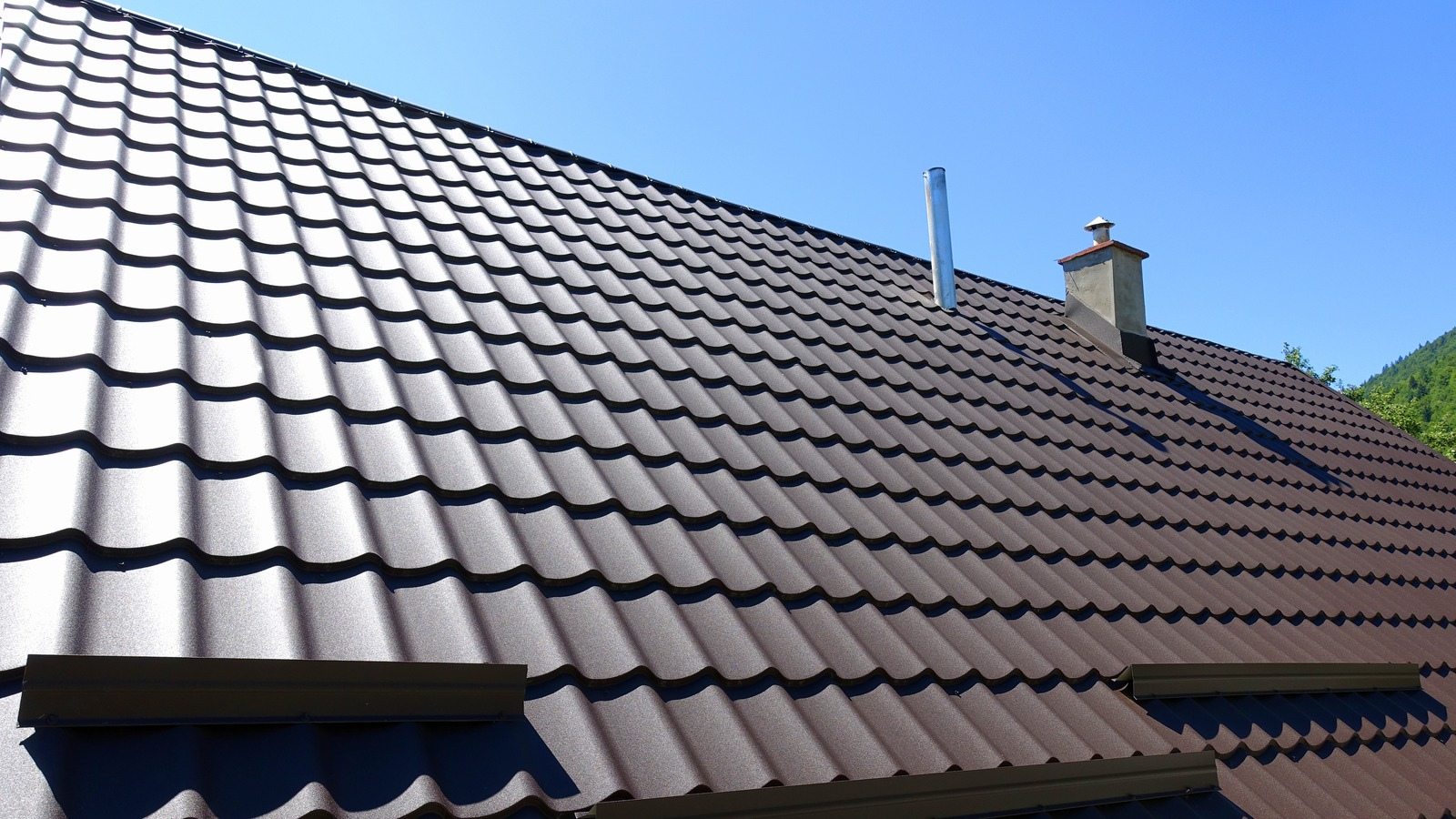
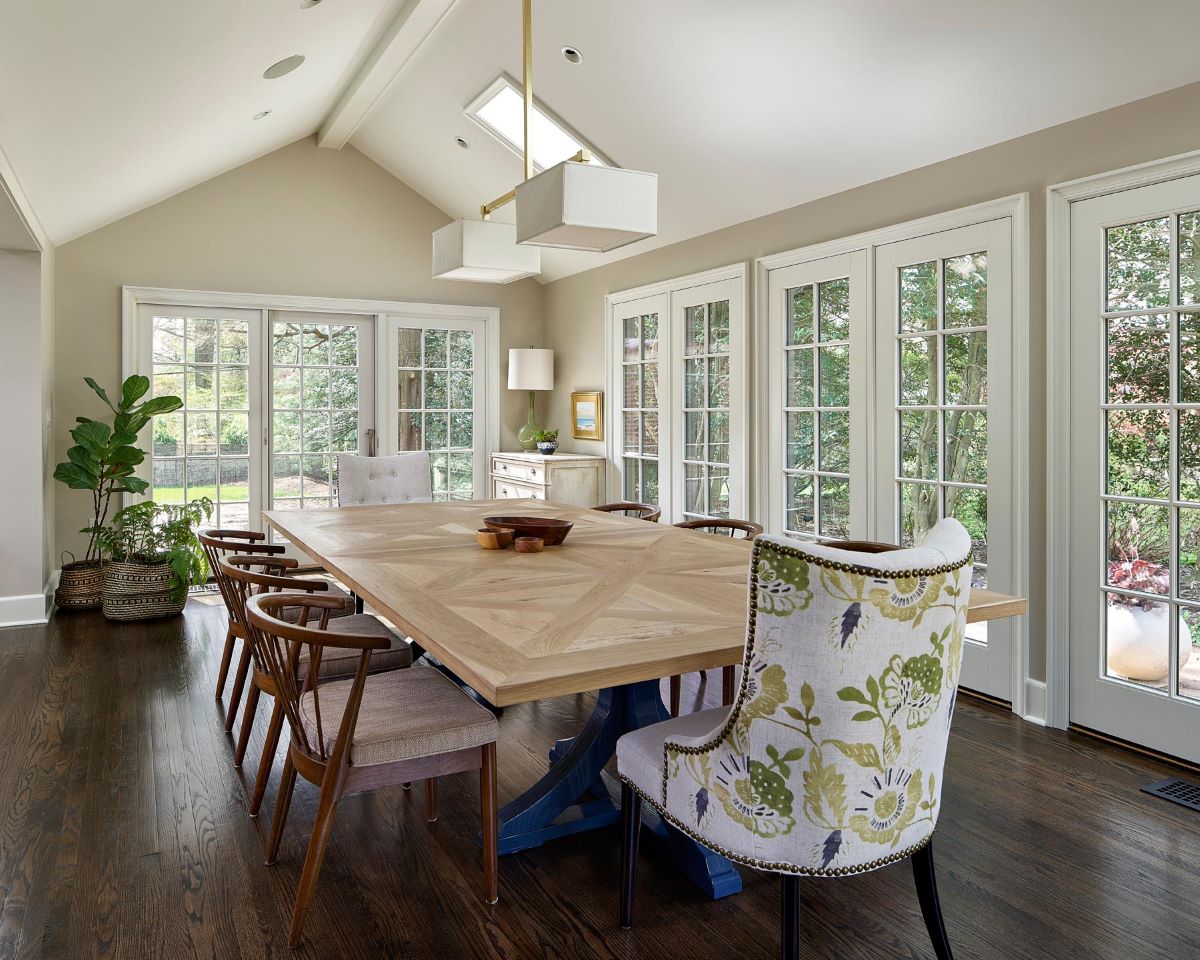
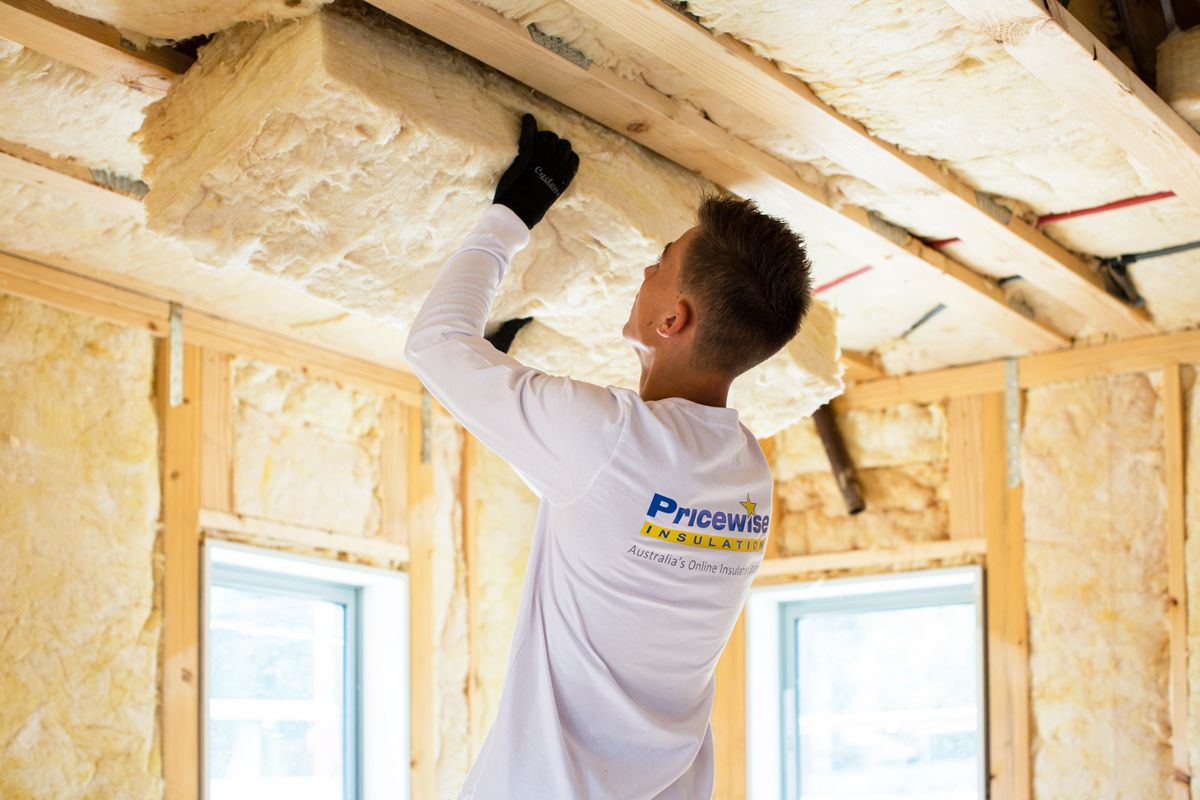

0 thoughts on “How Much Does A Renovation Increase Home Value”